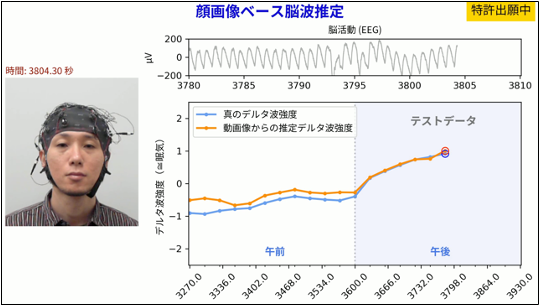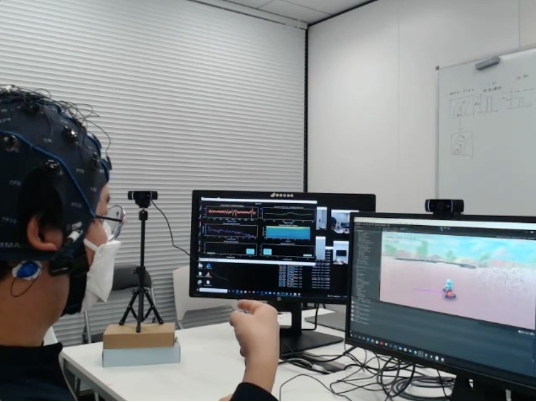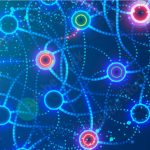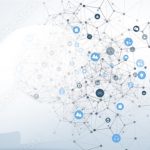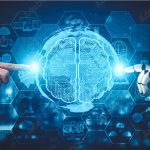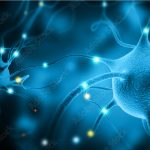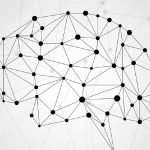Members
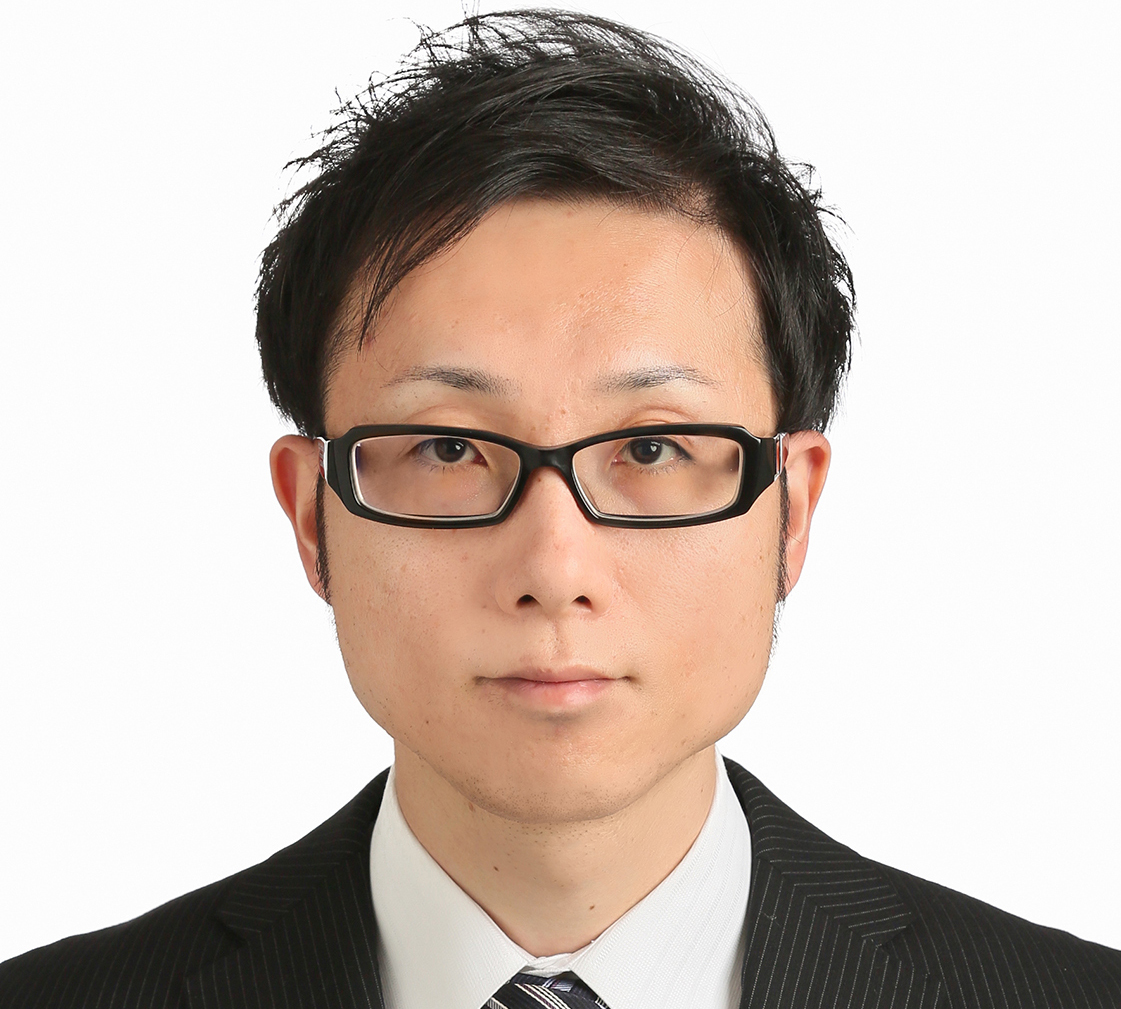
Yukihito Yomogida, MD, Ph.D.
Manager
Yukihito received his Ph.D. at Tohoku University in 2010. After working as a JSPS Research Fellow/ Research Fellow/Research Associate Professor at Tamagawa University, and a Section Chief at National Center of Neurology and Psychiatry, he joined Araya in 2021. His research expertise focuses on Neuroimaging techniques such as functional magnetic resonance imaging (fMRI).
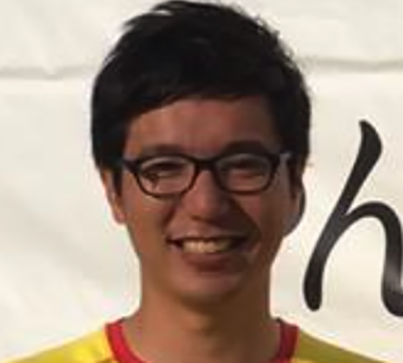
Hiro Hamada, Ph.D.
Research Team Lead
Hiro is a Research Team Lead at Araya. He received his Ph.D in systems neuroscience at Okinawa Institute of Science and Technology (OIST) in 2019. His research interests are cognitive neuroscience, computational neuroscience and phenomenology of consciousness.
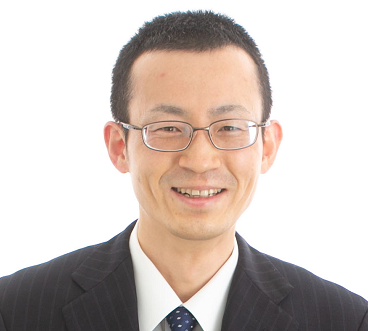
Kotaro Nomura
Chief Researcher
Nomura is a Chief Researcher at Araya. In his previous job, he has been studying pain using EEG. His research interests include neurotech using EEG and deep learning.
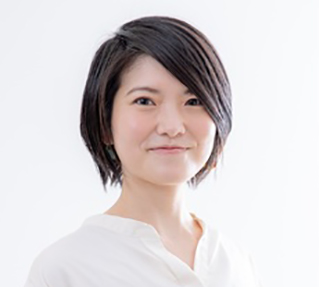
Chiaki Michibayashi
Junior Business Development Manager
Chiaki is a Junior Business Development Manager in Araya. After graduating from Hokkaido University in 2011, she received her M.Sci. in Kyoto University in 2013.
She worked as a researcher and business developer in Dermatology, Oral health care for 9 years in a consumables manufacturer company. She joined Araya in 2022. Now she focuses on business development in neuroscience.
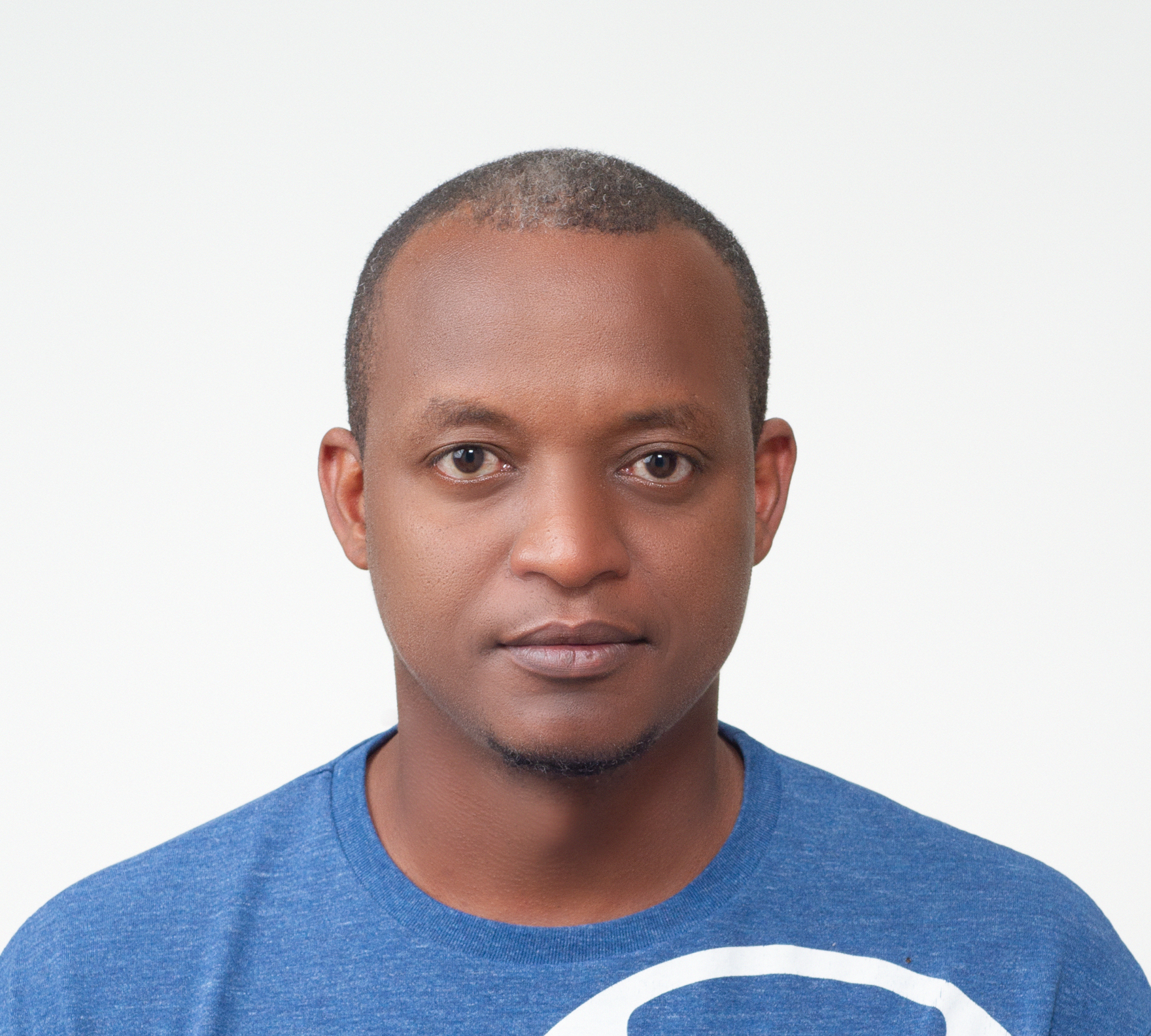
Elie Magambo
Senior Researcher
Elie earned his Master`s Degree in Computer Engineering from Waseda University.
He has been working on Model Compression Techniques for Deep Learning and Image Recognition in Araya since 2019. He Is currently working as Senior Researcher in R&D department, where he focuses on the intersection of BCI and Computer Vision.
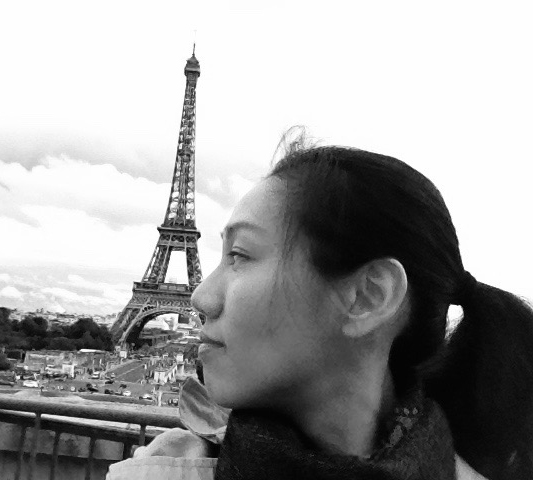
Yi-Chen Lin, Ph.D.
Product Development Lead
Yi-Chen is a Product Development Lead at Araya. She received her Ph.D. at National Yang-Ming University in 2019. Her research interest are cognitive neuroscience and neuroimaging.
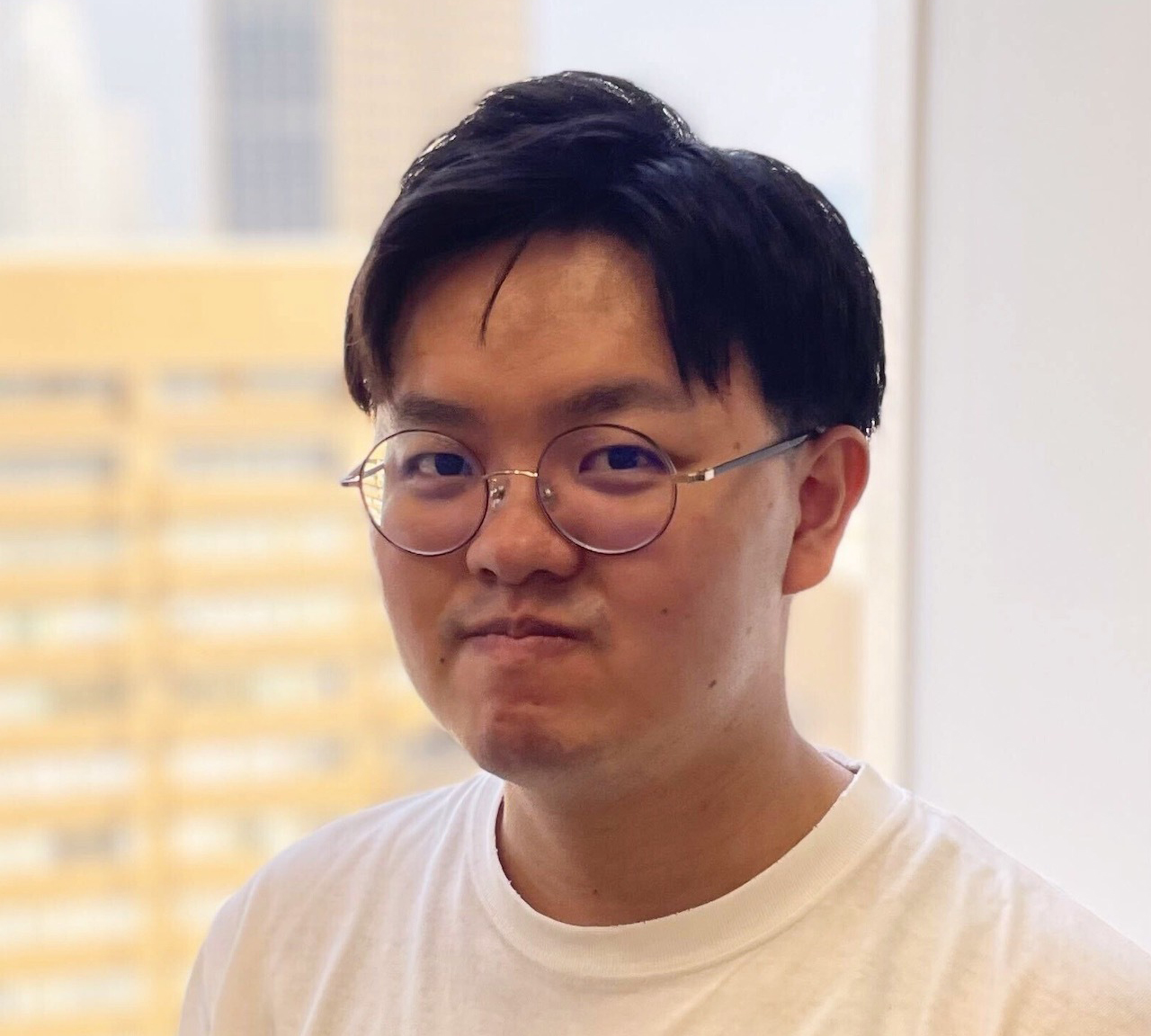
Sensho Nobe
Senior Researcher
Sensho received his Master’s Degree in Neurobiology from the University of Tokyo in 2021. After a year as a Ph.D. student there / intern student at Araya, he officially joined Araya as a Researcher & Product Development Staff in 2022. His main research interests are: 1. developing neurotech products such as BCI using non-invasive neural recordings and machine learning, 2. exploring sources of human intelligence / consciousness using differential neural models.
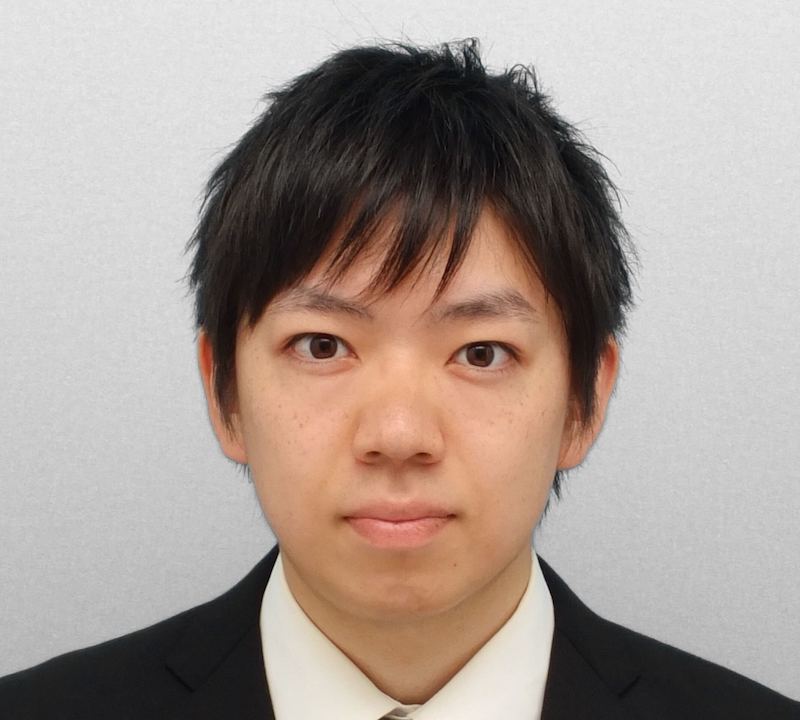
Yawara Haga
Senior Researcher
Yawara studied brain science in primates using MRI at RIKEN CBS and received his Ph.D. (Radiology) from Tokyo Metropolitan University in 2022. After working at the RIKEN CBS as a post-doctoral fellow, he joined Araya in 2023. He is working on the analysis of brain imaging data.

Anna Maria Hadjiev
Product Development Staff
Anna is a Product Development Staff at Araya. She received her B.S. in Computer Science at the University of Wisconsin - Madison in 2019, and her M.S. in Information Science & Technology at Hokkaido University in 2022. Her research interests are natural language processing and artificial consciousness.
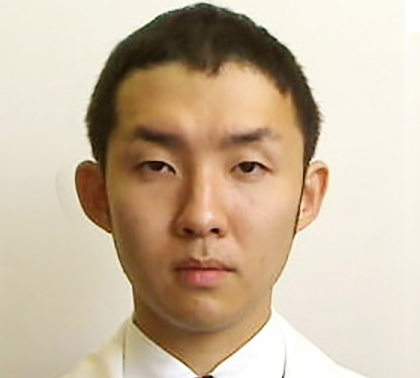
Daisuke Matsuyoshi, MD, Ph.D.
Technical Advisor
Daisuke earned PhD from Kyoto University and started his postdoc career in the National Institute for Physiological Sciences. After working as an assistant professor at Osaka University, The University of Tokyo, and then Waseda University, he has worked as a research scientist at the National Institutes for Quantum and Radiological Science and Technology (formerly National Institute of Radiological Sciences) since 2019. His research interest includes visual cognition and its plasticity using a combination of behavioral and multi-modal neuroimaging techniques (fMRI, sMRI, dMRI, qMRI, MRS, and EEG/MEG). He joined Araya in 2015.
